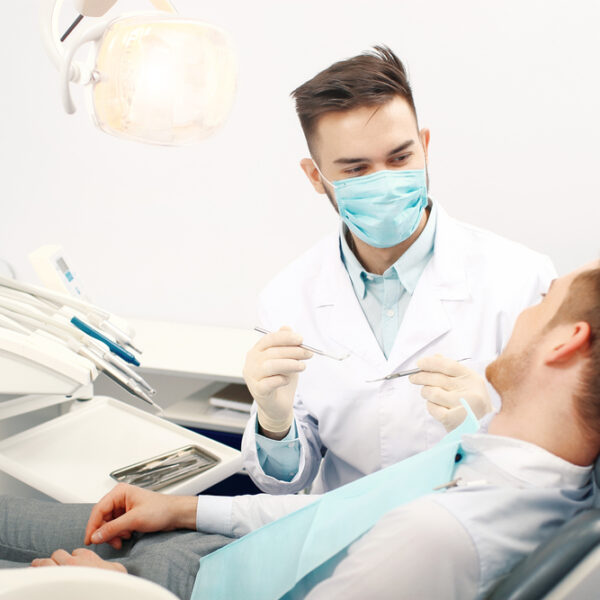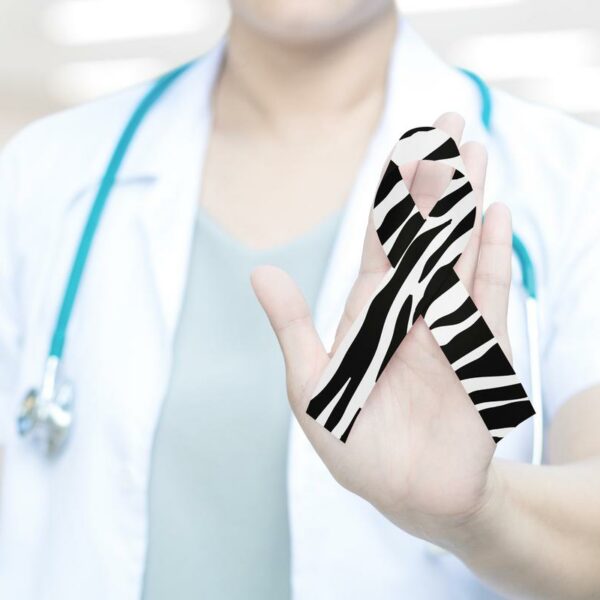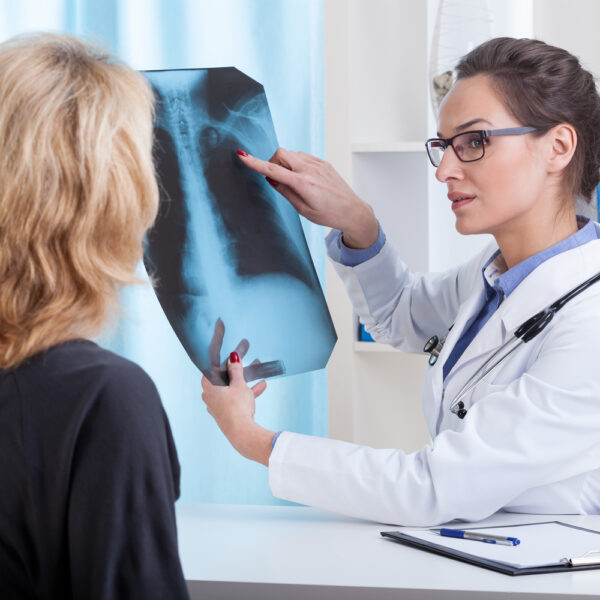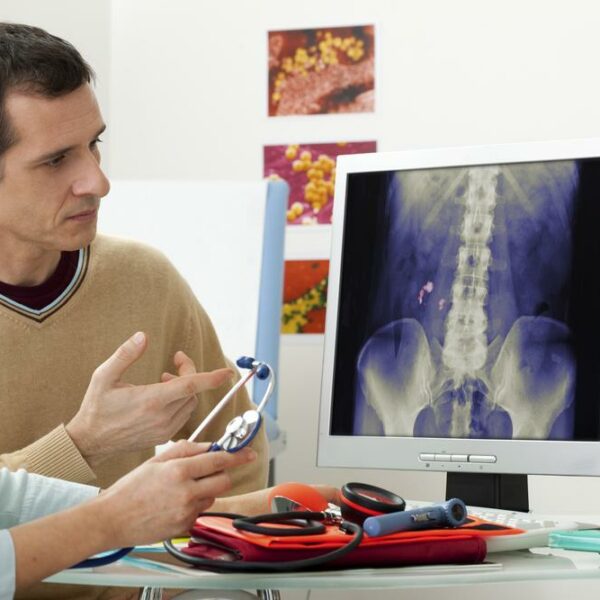
All You Need To Know About Bleeding Gums
All you need to know about bleeding gums We often do not pay much thought to bleeding gums and shrug it off because they invariably happen when we brush or floss our teeth. We consider it as normal but it should not be ignored. Gum bleeding is a fairly common problem. It is best to see your dentist, who will diagnose the problem and advice gum disease treatment options. But, a mild form of bleeding can be treated at home with easy remedies for gum diseases. Gum disease is a common cause of bleeding gums. Many adults experience a gum disease once atleast. Here is some information about bleeding gums, its causes, and more. What should you know about bleeding gums? Bleeding gums are an early sign that something is not right in the mouth. Healthy gums generally don’t bleed easily. Bleeding in itself could be because of various reasons. But, it is more indicative as a symptom of a gum disease. If left untreated, it may lead to severe gum disease. What can I do to prevent bleeding gums? Identify the reason for the gum bleeding. Practice good oral hygiene as the accumulation of plaque along the gum line can cause gums to bleed.









